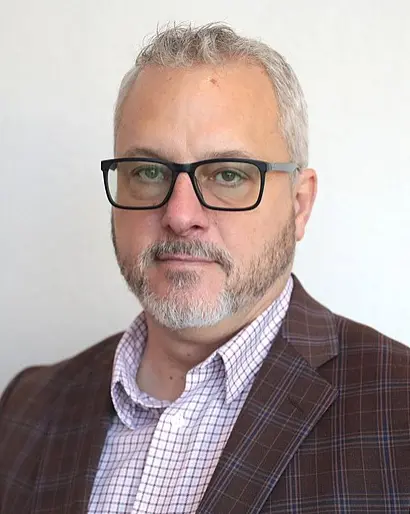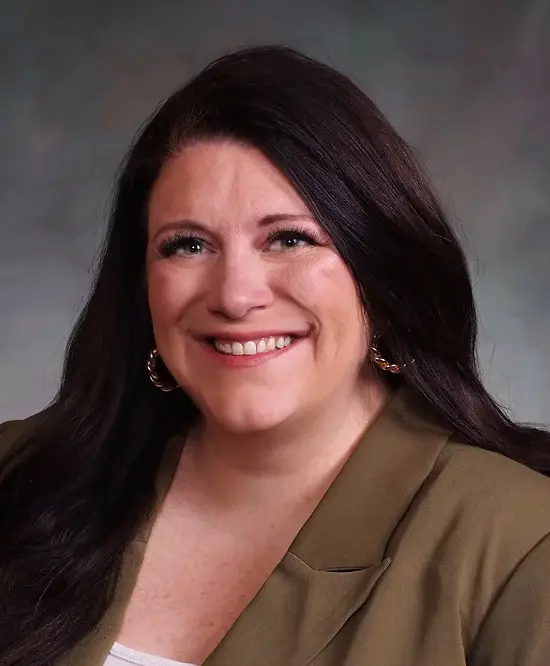This is a transcript of a portion of a committee hearing Monday at the Colorado Capitol on a bill, sponsored by state Rep. Scott Bottoms (R-Colorado Springs), outlawing abortion in Colorado, even for rape and incest. In the transcript, Bottoms is questioned by Rep. Jenny Willford (D-Northglenn). Democrats on the committee killed Bottoms’ proposed law in a party-line vote, with all Republicans voting in support of the bill.
Rep. Willford [00:03:17] So looking into the future, if somebody is, raped or someone wants to move forward with abortion care or they have a miscarriage, would you consider that, murder? And should that person be tried, for a first-degree murder and potentially sent to jail?

Rep. Bottoms [00:03:38] Miscarriage is not an abortion. It’s not mentioned in any category of abortion. In fact, if you want to get down to the nitty-gritty, a miscarriage is actually a true abortion because abortion means that your body rejects it naturally. What we’re doing — what we call abortion — is murder. A miscarriage is obviously not murder. To the rest of your question. Murder is murder, and people who choose to murder little babies should be held accountable legally. In the court system, they should be held accountable. So. Yeah.
Rep. Willford [00:04:15] Okay, I’m going to follow up. So how would the legal process work if someone seeking an abortion is a victim of rape or seeking lifesaving care? Would they still be charged with homicide?
Rep. Bottoms [00:04:30] Somebody who has been raped who goes to seek an abortion is still choosing to murder a baby, regardless of how that baby came into conception. They’re still seeking to murder a baby. So yeah, there are other options that save the baby’s life. Adoption. We’ve talked about that quite a bit, in some of our laws here. But, yeah, that’s a viable way to not murder somebody. So if somebody is raped, obviously that’s a horrible tragedy. Compounding that by murdering the baby doesn’t doesn’t make sense in any in any rational society. The baby’s still a baby. It’s still a human. It still deserves a right to live. Just like every one of us here, was afforded that right.

Rep. Willford [00:05:22] And you didn’t speak to if a woman’s life was at risk.
Rep. Bottoms [00:05:26] Well, actually speaks to that.
Rep. Willford [00:05:29] I don’t believe it does. Maybe you could elaborate for me so I can just be totally clear.
Rep Bottoms [00:05:33] Yes. Things like in vitro and stuff like that, those are those are included in there. When a mother’s life at risk, the doctors have the obligation to try to save both. Or one. You’re trying to save people’s lives. That’s the doctor’s job. That’s what they’re there for. And so if the if the mother is, her life is at risk and the baby’s life is at risk and try to save them both. I don’t understand how that’s any different than anything else we do in in any emergency room across the United States.
Rep. Willford [00:06:06] All right, I know we’ve got a lot of, folks signed up to testify, so I’ll just be brief. I didn’t see absolutely anything in the bill that would prohibit IVF. In fact, your bill states that, life begins at conception. So, as introduced, this personhood bill would ban IVF. Do you believe that IVF should be legal? And if no. Would you include it as an exemption?
Rep Bottoms [00:06:30] So when you asked that question, you paused on conception. Are you unfamiliar with that or —
Rep. Willford [00:06:35] I’m asking the question, sir. Do you mind responding? I was asking about, IVF.
Rep Bottoms [00:06:43] Right. So the conception part is. Are you saying because I said that. That’s what I’m asking.
Rep. Willford [00:06:49] No, sir. I was reading from your bill.
Rep Bottoms [00:06:51] Okay. I’m confused, but I’ll just answer what I think you’re asking. So the concept of IVF. It’s interesting when you come to IVF because I do believe in IVF, but there’s different kinds of IVF. Society seems to kind of embrace the whole subject of IVF when there are actually different categories of it. There are some types are that take multiple, multiple eggs and sperm and make multiple embryos. Okay. A group of these embryos, and then they, there’s a bunch of other practices that come along with that one is that they freeze the embryos and then use then they use those embryos for eugenics, different types of deciding whether we’re going to have this baby because it’s Down’s syndrome or muscular dystrophy or different things like that. And, and that’s a playing god kind of thing. I strongly disagree with eugenics, and I disagree with an IVF formulation that does that. There are other types of IVF that take, one egg, one sperm, put them together, have the embryo, and then they protect that embryo because it’s the option for that couple. I’ve encouraged many people over the years to go have this, form of IVF. So it doesn’t it does not outlaw IVF. This bill does not outlaw IVF.




